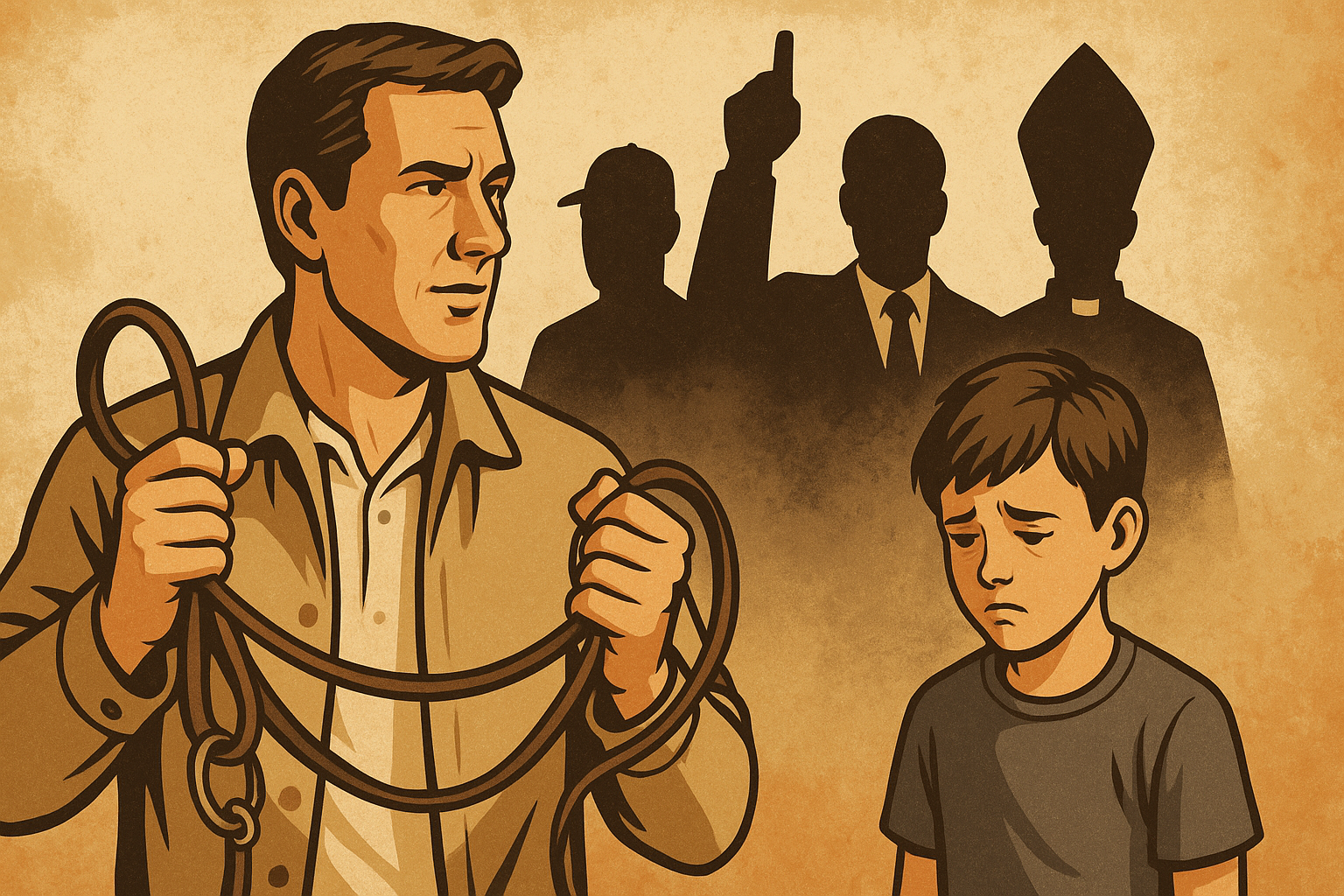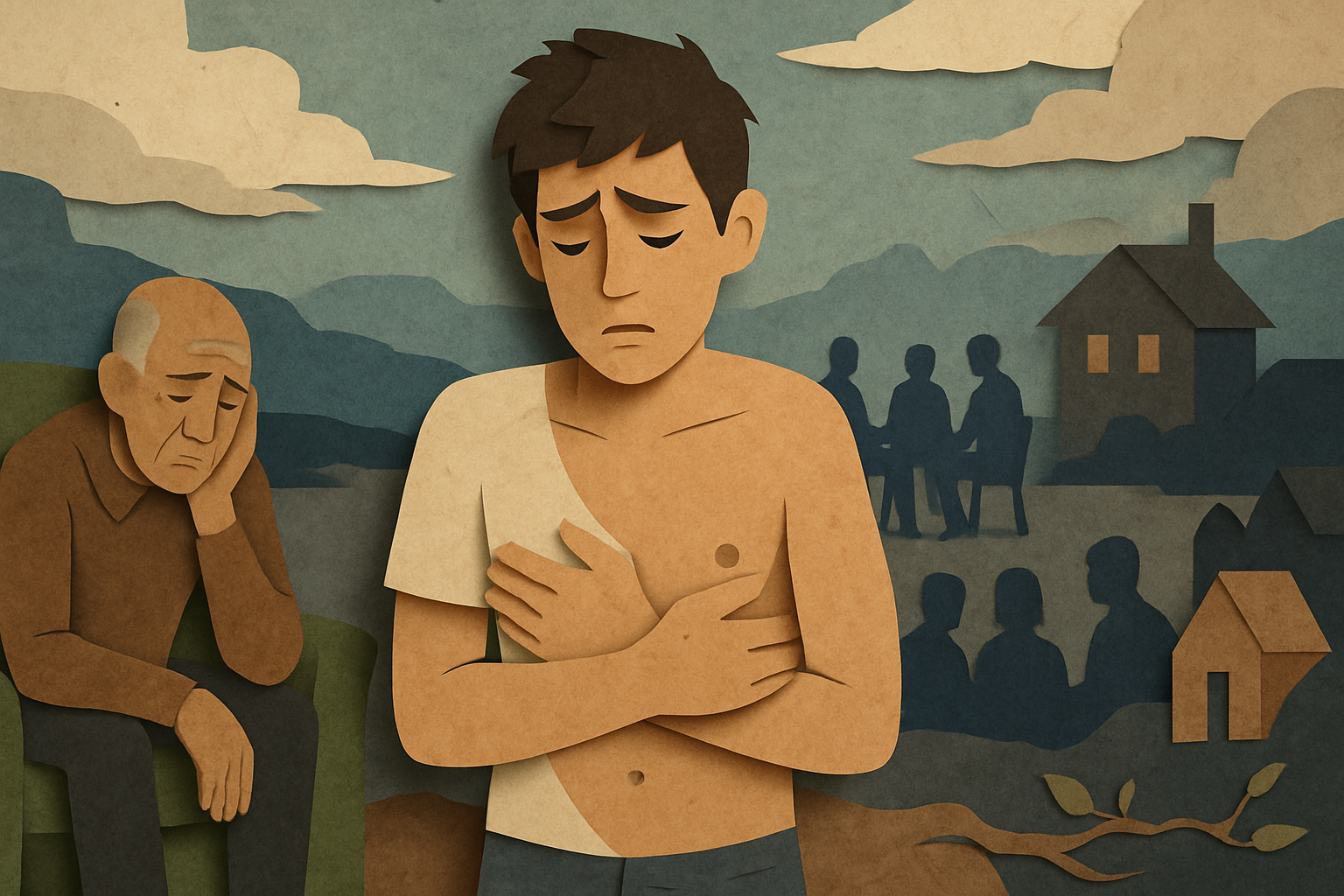READ IT TO ME: Click play to listen to this post.
“Our human compassion binds us the one to the other – not in pity or patronizingly, but as human beings who have learned how to turn our common suffering into hope for the future.”
— Nelson Mandela
Addicts struggle with objectification. They objectify people, substances, and every kind of experience. Some entrepreneurs struggle with the same. Other people become a utility. The environment is reduced to an opportunity to collect bounty; profit is the only thing that matters. Those who live this way have succumbed to the disease of objectification. When we treat each other as objects we care less about human beings and more about how to use others as a vehicle for profit and consumption.
When people treat each other with indifference they lose sight of the brilliance that exists within the soul of every human being. They fail to see each other as an unrepeatable miracle of the universe. Compassion is an antibiotic to objectification. It serves as a healing salve. Albert Schweitzer said, “The purpose of human life is to serve and to show compassion and the will to help others”. Everyone is challenged to cultivate compassion in relationship with others. There is no one path toward cultivating compassion. However, putting yourself in the shoes of another’s experience can help cultivate understanding which is grist for the mill that cultivates a compassionate heart. Here is one example of cultivating a compassionate heart.
On June 21, 1964, Mickey Schwerner, James Chaney, and Andrew Goodman were killed on a lonely intersection on a country road outside of Philadelphia, MS. They were members of the Congress of Racial Equality (CORE) and were killed for promoting voting registration among African Americans by members of the White Knights of the Ku Klux Klan. Schwerner was shot in the heart at close range, Chaney (African American) was tortured, castrated then shot. There was evidence that Goodman was buried alive after being shot. The bodies were discovered 44 days later. Alton Wayne Roberts, and other Klan members were convicted in 2005. However, the crime sparked national outrage that helped spur the passage of the 1964 Civil Rights Act.
I decided to travel to Philadelphia, Mississippi, and I researched the exact intersection the killings took place almost 60 years previous. My wife and I arrived at the intersection at 10 pm in pitch dark. I calculated where Schwerner, Chaney and Goodman stood facing the Klan. I tried to embrace what Mickey Schwerner thought and felt when Alton Wayne Roberts reportedly pulled Schwerner out of the car and pointed a gun at his chest before pulling the trigger at close range and killing him instantly. He must have been afraid with much adrenaline pumping through his body. Surely he knew he was going to die? Did he have thoughts of his wife Rita? Were there regrets? And on it goes! I felt the rush of feelings and despair that each of these murdered men must have felt, which made it a hundred times more real!
I then turned my thoughts to Alton Wayne Roberts and the Klan members that accompanied him. I tried to understand the hatred that consumed their thoughts. I thought of times when I believed I had reason to hate and how it felt to remain stuck in hatred. I touched the strong rationale, the intense inward anger, and the stubborn will to insist on doing harm to those I thought deserving of the punishment. There was no stopping. I simply tried to understand what it was like for men, overwhelmed with hatred, as they acted in committing such a horrendous act of murder.
The next day I sat with a cup of coffee contemplating the anguish that these three men’s families must have felt for over 40 years without Roberts and others not being brought to justice. I thought of the agony of those years of turmoil and unbelievable struggle that existed in our nation. I felt it. I was alive during those times. When I left Philadelphia MS. somehow I felt more connected to what it must be like to be African American in our country. I thought the experience cultivated understanding and compassion for both the men who were murdered and the men whose souls were murdered with hatred and criminal behavior.
Today, it is important to walk a mile in the moccasins of another. It will give you a great understanding. It will help you to cultivate deeper compassion for those whose struggles you previously did not understand. Try to put yourself in the shoes of a Democrat if you are Republican or vice versa. Put yourself in the mindset of a minority, being in your place of privilege. Put yourself in the quandary of being a teacher who doesn’t have the resources to do his/her job. Listen to the heart of a trans person. Consider the passion of one who advocates for abortion rights or listen to the heart of one who is passionately anti-abortion. Maybe you don’t believe in human-caused climate change. Take time to listen and put yourself in the shoes of those who do. Maybe you don’t think we have a fossil fuel problem and that too much is made about green energy. Simply embrace the task of listening to those who do!
Then, reverse every example of putting yourself in someone else’s thought pattern that I just illustrated. The goal is not to sway you or your opinions but to cultivate compassion and tolerance. To overcome objectivity and to create an understanding of the other in the presence of disagreement. When we see each other as unrepeatable miracles of the universe, we create space for others who look, think, act, and do things differently. We overcome objectification by stopping the treatment of another person as a utility. We cultivate a sense of compassion that preserves the dignity and respect of all people that make up our world.





